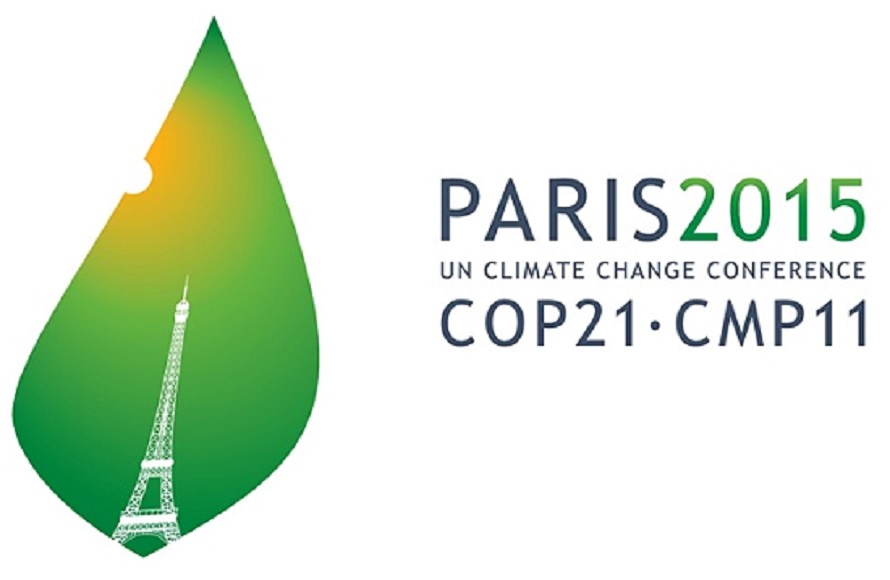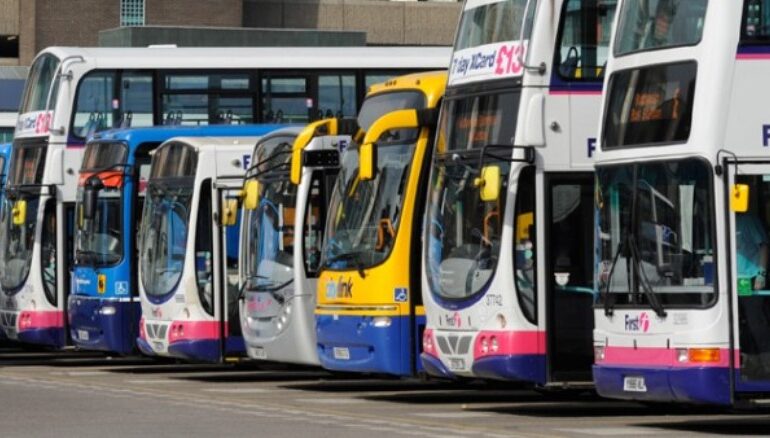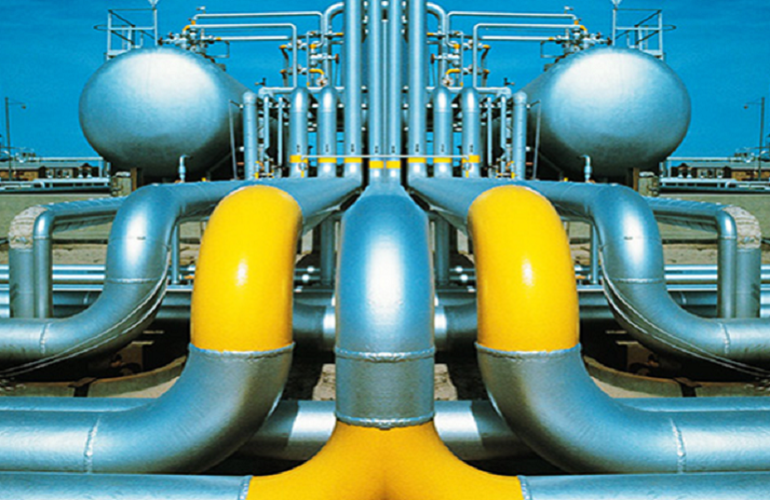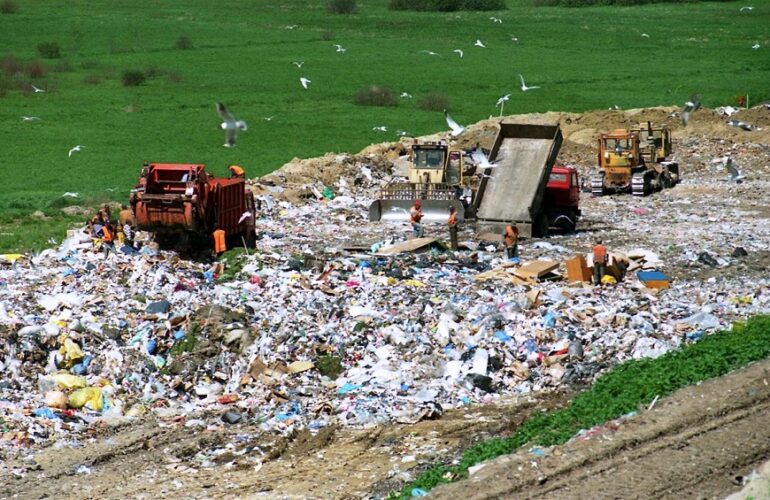India, one of the world’s largest emitter accounting 4.1% of the total global emissions ratified the Paris Climate Agreement on 2nd October 2016. The agreement agrees on a long-term goal of keeping the increase in global average temperature to well below 2°C above pre-industrial levels, by bringing down the greenhouse gas emissions. It also aims to limit the increase to 1.5°C, since it would significantly reduce the risks and impacts of climate change. Since European Union, with 12.1% emissions, also resolved to ratify, the agreement will cross the mandatory threshold of 55% and will set to enforce from November.
Reducing carbon emission intensity by 33-35% from what it is in 2005 is one of the key resolutions. India plans to achieve it by 2030 by aiming to produce 40% of electricity from non-fossil fuel sources, implementing energy efficiency measures and creating additional carbon sink by afforestation. This would mark the commendable shift from the conventional industrial practices as well as great market potential for the advanced energy efficiency and eco-friendly systems.
Primarily energy intensive and power industries will be immediately affected. Indian INDC commitment of 40% non-fossil electricity will be a big boost for renewable sector. Renewable energy sources other than solar and wind like cogeneration, biomass will play bigger role coupled with energy efficiency.
It is estimate that India has 17.9% untapped energy efficiency potential. Along with technology up gradation new economic models as ‘Performance Contracting’ or third party EPC will remove the capital cost constraint in implementing energy efficiency. It is projected that in near future performance contracting market will be over Rs.20,000 crores.
This report will be useful for energy service providing companies who are interested to tap the ‘green’ market as well as the investors investing in the ‘green’ company and efforts
- Executive Summary
- Research Coverage
- Paris Agreement and International Climate Politics
- Global Climate Change politics
- Kyoto protocol and Clean development mechanisms
- Need of new climate agreement
- Paris Convention and negotiations (COP21)
- Paris agreement on climate change
- Targets and goals
- Suggested methodology to adapt
- Global Climate Change politics
- India and Climate Change Agreement
- India’s Intended Nationally Determined Contribution (INDC)
- Adaptation Strategies
- Key targets
- Sources of finances
- National Action Plan on Climate Change (NAPCC)
- India’s Intended Nationally Determined Contribution (INDC)
- Policies supplementing India’s plan for climate change
- The energy conservation act
- National Electricity Policy
- Integrated energy policy
- Related schemes and incentives as (PAT, Green Ratings, PRGFEEE, VCFEE etc)
- Climate adaptation though energy efficiency
- Energy consumption profile of India
- Energy intensive sectors overview
- Potential for energy efficiency
- Energy efficiency potential and gap analysis
- Cement
- Textile
- Paper and Pulp
- Iron and Steel
- Fertilizer
- SMEs and manufacturing units
- Buildings (Commercial and Residential)
- Business models and success stories
- Impact on power and renewable sector
- Impact on electricity generation
- Changing electricity mix of India
- Boost to renewable energy sector
- Renewable capacity to be added and gap analysis
- Biogas, Biomass and Cogeneration potential
- Integrating low carbon development of industry
- Low Carbon Technology Partnerships Initiative
- Technology transfer and international opportunities
 We create value for our customers by amalgamating deep functional and energy industry expertise. Our solutions range from in depth research reports to advisory services enabling our customers with energy market insights to take informed decisions, grow and improve on their competitiveness.
Leveraging our breadth of geographical reach we provide solutions in entire energy value chain be it coal, power, oil and gas or renewable. We are a reliable and efficient source comprising of best in class talent pool which provides answer to all the challenges of the energy industry
We create value for our customers by amalgamating deep functional and energy industry expertise. Our solutions range from in depth research reports to advisory services enabling our customers with energy market insights to take informed decisions, grow and improve on their competitiveness.
Leveraging our breadth of geographical reach we provide solutions in entire energy value chain be it coal, power, oil and gas or renewable. We are a reliable and efficient source comprising of best in class talent pool which provides answer to all the challenges of the energy industry



